This article was medically reviewed by Farah Khan, MD and by wikiHow staff writer, Jessica Gibson. Dr. Farah Khan is a Board Certified Allergist and Immunologist who graduated from fellowship in 2020. She specializes in asthma, food allergy, skin conditions, and rhinosinusitis care, and treats both adult and pediatric patients. Dr. Khan holds an MD from Ross University School of Medicine. She completed her Pediatric Residency training at INOVA Children's Hospital and her fellowship at Virginia Commonwealth University. Dr. Khan is an active member of the American Academy of Allergy, Asthma and Immunology as well as the Clinical Immunology Society.
There are 13 references cited in this article, which can be found at the bottom of the page.
wikiHow marks an article as reader-approved once it receives enough positive feedback. In this case, 93% of readers who voted found the article helpful, earning it our reader-approved status.
This article has been viewed 149,529 times.
If you'd like to improve your immune system, work on increasing the number of t-cells in your body. T-cells are a type of lymphocyte that will attack cells that are infected with a virus. To improve your t-cell count and responsiveness, eat a healthy diet full of fresh produce and lean protein. If you're concerned your diet isn't balanced, take supplements that have been shown to improve the immune system.
Steps
Adjusting Your Diet
-
1Eat fruits and vegetables high in folic acid, vitamin B6, and thiamin. These vitamins and minerals can increase the number of t-cells in your body so try to include them in your daily diet. One of the best ways to get these nutrients is to eat a varied diet that includes fresh fruit and vegetables. Good sources of these nutrients include:[1]
- Leafy greens
- Cauliflower and broccoli
- Squash
- Carrots
- Tomatoes
- Strawberries
-
2Include protein and healthy fats in your diet. Your immune system needs protein to create t-cells so it's important to eat foods that are rich in protein. Look for 3 to 4 ounce portions of lean meat or protein. You can eat skinless chicken, fish, eggs, lentils, beans, and soy.[2]
- Avoid eating saturated fats such as red meats, fried meats, or chicken with the skin.
Advertisement -
3Drink at least 1 cup of green tea every day. Research shows that green tea contains polyphenols that actually increase the number of t-cells in your body. Try to sip green tea hot or cold throughout the day to get these polyphenols.[3]
- If you dislike the taste of green tea, mix in a little lemon or honey.
-
4Eat fresh or dried papaya. Papaya is high in fiber, vitamins, and minerals. Studies have also shown that fresh papaya, dried papaya, and papaya seeds increase t-cells so add it to your diet.[4]
- If you're tired of the flavor of papaya, look for papaya supplements at natural health food stores. Follow the manufacturer's instructions regarding dosages.[5]
-
5Include garlic in your diet. Researchers believe that garlic contains compounds that can increase the number of t-cells and improve their responsiveness. Try to use fresh garlic in your meals instead of seasoned garlic which often includes salt.[6]
- You can also look for pure dried and powdered garlic at most health food stores.
-
6Eat an anti-inflammatory diet. You can decrease inflammation in your body by choosing foods that reduce inflammation. Since your body must fight inflammation, decreasing it through better nutrition supports your immune system.
- Choose leafy green vegetables, colorful vegetables, and fruit. You can eat fruits and vegetables either fresh or frozen.
- Eat beans and legumes.
- Choose fatty fish high in Omega-3 fats, such as salmon, tuna, flounder, sardines, or anchovies.[7]
- Drink herbal teas.
-
7Avoid foods that cause inflammation. Inflammation takes a toll on your body and your immune system. This puts you at risk for illness and disease. Luckily, it's easy to eliminate the foods that commonly cause inflammation, such as:[8]
- Processed carbohydrates
- Fried foods
- Soda
- Sweetened drinks
- Red meat
- Processed meat
- Margarine
- Shortening
- Lard
-
8Eat probiotics to boost your gut health. Although they aren't a cure all, probiotics can help your digestion. They may also improve your gut health, depending on which ones you consume.[9]
- You can find probiotics in yogurt, or you can buy a supplement that easily mixes into other food.
-
9Mind your food allergies. Like inflammatory foods, food allergies can cause harmful inflammation in your body. This is harmful for your health and immune system. It's important that you avoid foods that cause you to have an allergic response.
- If you suspect you have a food allergy, you should ask your doctor for a referral to an allergist so that you can be tested.[10]
Using Vitamins and Supplements
-
1Learn about your t-cell count. If your doctor orders blood tests, the labs can test the levels of t-cells in your white blood cells. Your doctor will discuss any concerns they have if your t-cell or white blood cell counts are low, as well as things you can do to boost your numbers.[11] Increasing your t-cell count is a great way to improve the effectiveness of your immune system.
-
2Talk to your doctor about taking supplements. Always talk with your doctor before starting new nutritional supplements since some supplements may interact with medications you're taking.
-
3Add a selenium supplement to your diet. Studies show that the trace mineral selenium can help your body produce more t-cells. To easily add it to your diet, take a selenium supplement that contains 55 mcg in a daily dose.
- If you're pregnant, increase your selenium intake to 60 mcg a day. If you're breastfeeding, try to get 70 mcg a day.
-
4Take a vitamin D supplement to activate your t-cells. Since it's difficult to get vitamin D from your food, look for a supplement that has 600 IU of vitamin D. The vitamin can make your t-cells more effective and responsive to antigens.[12]
- You can get vitamin D from sunlight. Lighter skin tones may need around 15 to 20 minutes of sun exposure while darker skin tones will need closer to an hour. Keep in mind that you'll want to put on sun protection.
-
5Take a daily zinc supplement. If you don't want to take a multivitamin or your multivitamin doesn't contain zinc, take a zinc supplement. Studies show that taking a 30 mg zinc supplement every day for at least 3 months will increase the number of t-cells in your body.[13]
-
6Take a multivitamin for your sex or age. If you prefer to take a multivitamin instead of several supplements, ask your doctor to recommend a multivitamin that contains B vitamins, vitamin A, vitamin C, vitamin E, selenium, iron, and zinc. If your body is low on some of these vitamins and minerals, a daily multivitamin can improve your immune system.[14]
- Be in the habit of taking your multivitamin even when you're not sick. This will prevent a micronutrient deficiency.
References
- ↑ https://healthfully.com/foods-increase-regulatory-tcells-8719094.html
- ↑ http://www.cnn.com/2007/HEALTH/diet.fitness/11/14/cl.best.defense/index.html
- ↑ https://www.sciencedaily.com/releases/2011/06/110602143214.htm
- ↑ https://www.ncbi.nlm.nih.gov/pubmed/21520494
- ↑ https://academic.oup.com/ajcn/article/80/1/154/4690273
- ↑ https://www.ncbi.nlm.nih.gov/pmc/articles/PMC4417560/
- ↑ https://www.health.harvard.edu/staying-healthy/foods-that-fight-inflammation
- ↑ https://www.health.harvard.edu/staying-healthy/foods-that-fight-inflammation
- ↑ https://nccih.nih.gov/health/probiotics/introduction.htm
- ↑ https://acaai.org/allergies/types/food-allergy
- ↑ Farah Khan, MD. Board Certified Allergist & Immunologist. Expert Interview. 5 January 2022.
- ↑ https://www.ncbi.nlm.nih.gov/pmc/articles/PMC3166406/
- ↑ https://www.ncbi.nlm.nih.gov/pubmed/26817502
- ↑ http://www.cnn.com/2007/HEALTH/diet.fitness/11/14/cl.best.defense/index.html
- ↑ https://prhe.ucsf.edu/sites/prhe.ucsf.edu/files/TM_Brochure_en_1.pdf




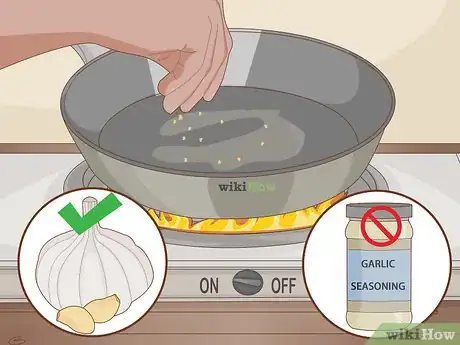

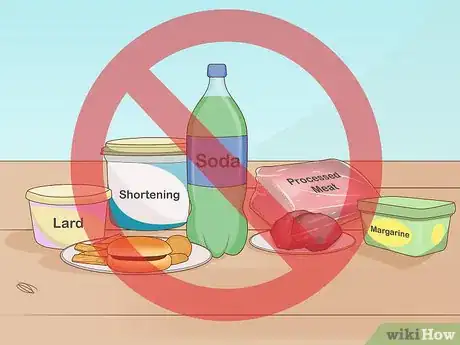
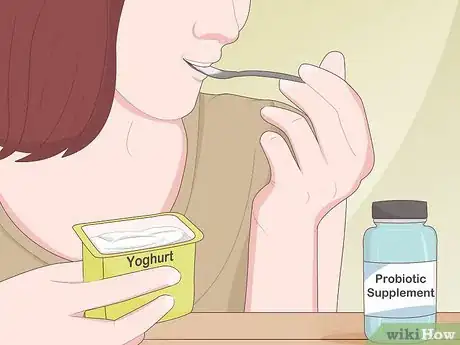
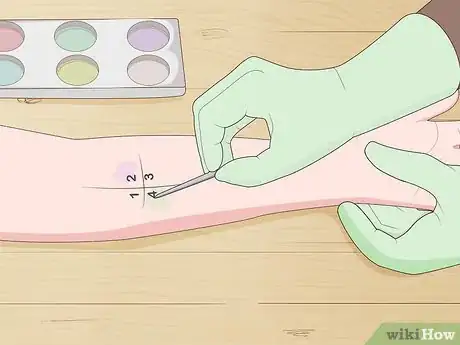
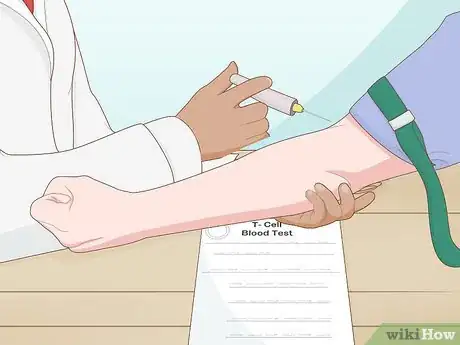

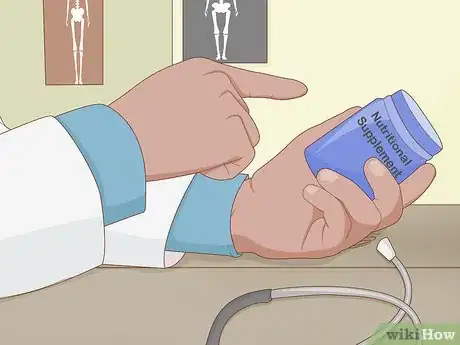

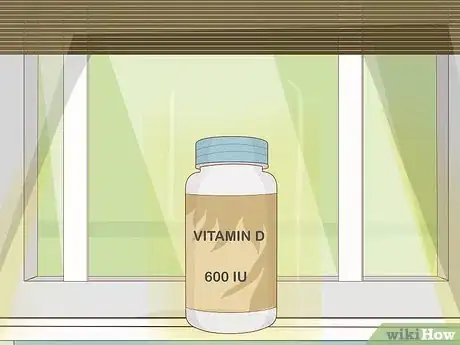
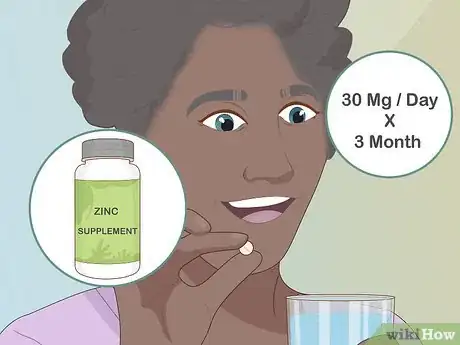
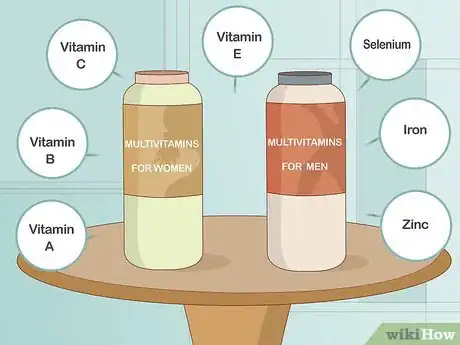
-Step-17-Version-2.webp)





















-Step-17-Version-2.webp)







































Medical Disclaimer
The content of this article is not intended to be a substitute for professional medical advice, examination, diagnosis, or treatment. You should always contact your doctor or other qualified healthcare professional before starting, changing, or stopping any kind of health treatment.
Read More...